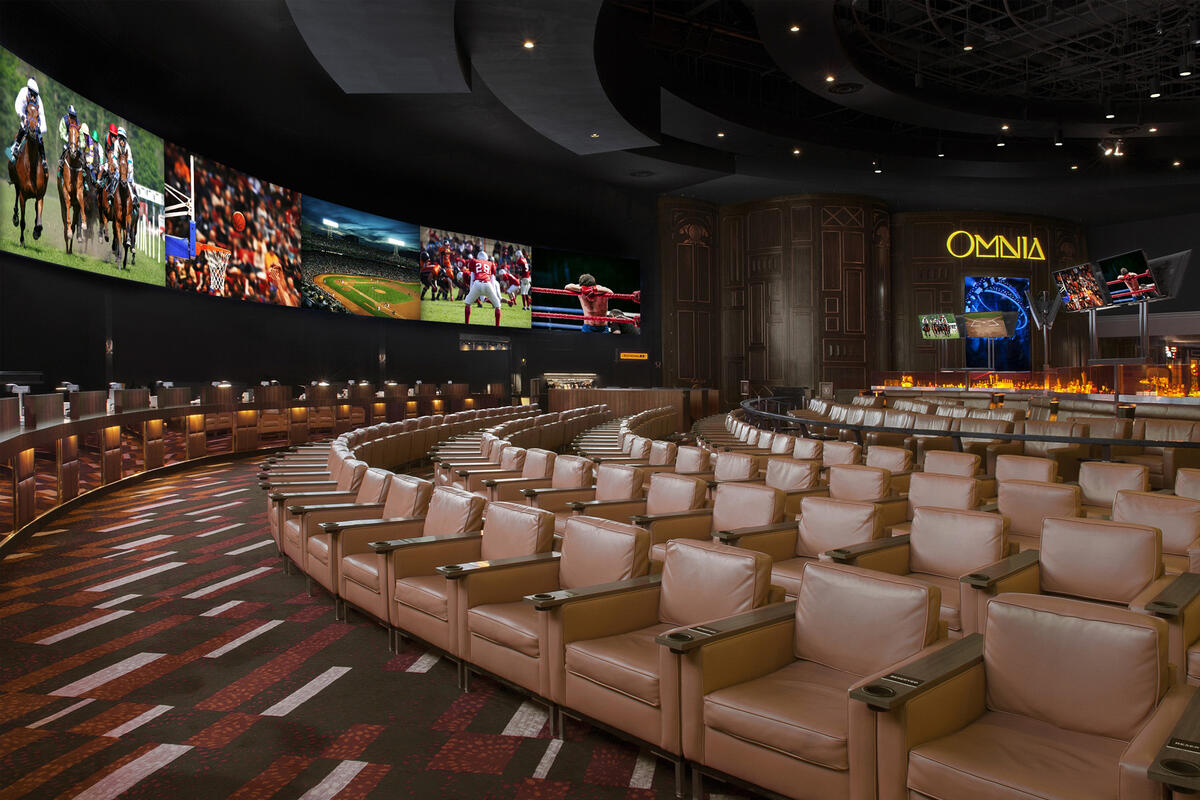In mid-2015, a team of researchers at the UNLV International Gaming Institute penned a report analyzing the risks and benefits of bringing professional sports teams to Las Vegas. The 119-page document helped the NFL reconsider its original “no Vegas” stance. And keep in mind, this was well before the Vegas Golden Knights had taken the Las Vegas community — and the nation — by storm.
Fast-forward three years, and the construction of Las Vegas Stadium—future home of the Raiders—has already begun, while the WNBA’s Las Vegas Aces concluded their inaugural season. That’s right: Just a few short years after Las Vegas had the dubious distinction of being one of America’s largest cities without a major professional sports team, we now boast three.
The idea of gaming and hospitality researchers preparing a report for the NFL may seem odd, especially given the NFL’s longstanding public disdain for sports betting. But questions involving tourism, sports betting, and the Las Vegas community are well within the Gaming Institute's wheelhouse, where researchers work every day to explore solutions to inquiries about an industry growing more complex and sophisticated by the minute.
What might be a surprise to some is the institute’s research inspiration often comes from students. “This is what makes working in a university the best environment for studies like this—a constant stream of new ideas from undergraduates, graduate students, and faculty—and the ability to partner them with a diverse team of researchers,” says Bo Bernhard, IGI executive director, Hospitality College professor, and the lead author of the NFL study.
Though sports isn’t generally on the menu, hospitality graduate students and graduate assistants are juggling a number of impactful research projects in the institute offices. Behind one door, graduate student Shekinah Hoffman works with professor Toni Repetti to identify possible advancement barriers to aspiring female executives within the gaming and hospitality industry. Behind another, Marta Soligo is working to understand the allegedly inauthentic culture behind themed casinos such as Caesars Palace, The Venetian, and The Luxor, and how these impact both the tourist and employee experience. Doctoral student John Lukasik, meanwhile, focuses on how gaming innovation can drive millennials to legal sports books now popping up all across the country.
“There are so many areas of the hospitality industry to explore,” Lukasik says. “It’s not a question of ‘What am I going to study,’ it’s a question of ‘How do I choose?’”
Bernhard notes that all research, regardless of industry, needs as many voices as possible, but that it’s particularly important in hospitality, where making everyone feel welcome is the top priority.
“This is the whole idea of the International Gaming Institute: Let’s gather a bunch of smart, diverse, multidisciplinary thinkers under one roof, and let’s turn them loose on the most vexing problems facing the global gaming world today,” Bernhard says. “Nobody knows exactly what the future of gambling holds, but we know this: We’ve got the diverse team to help provide answers.”



